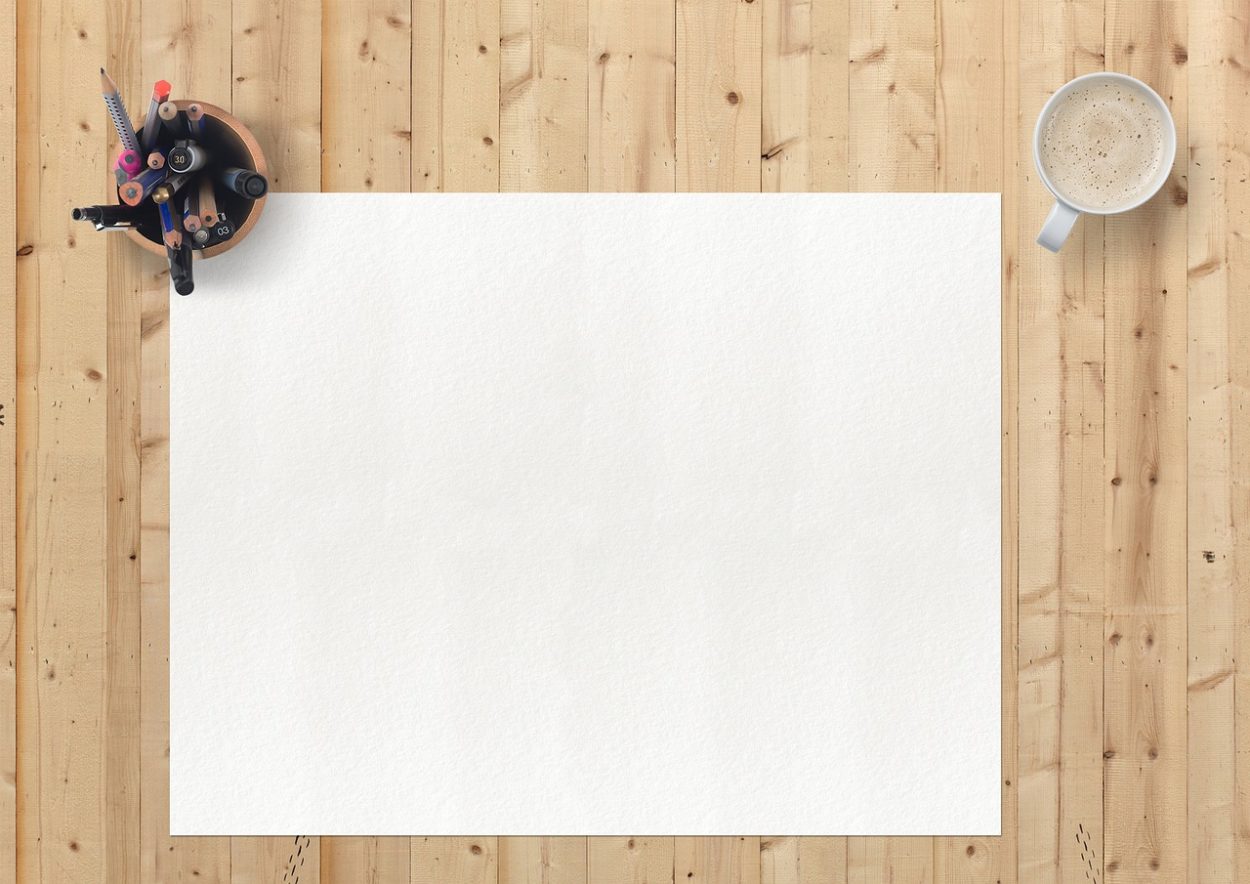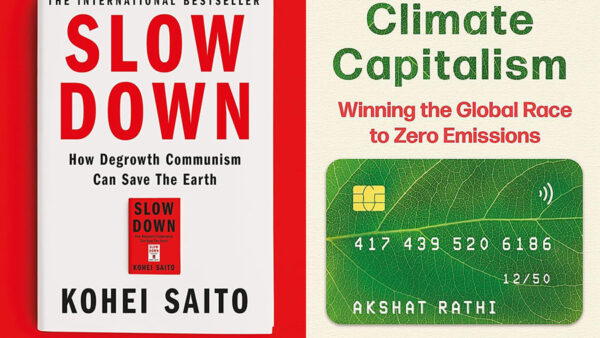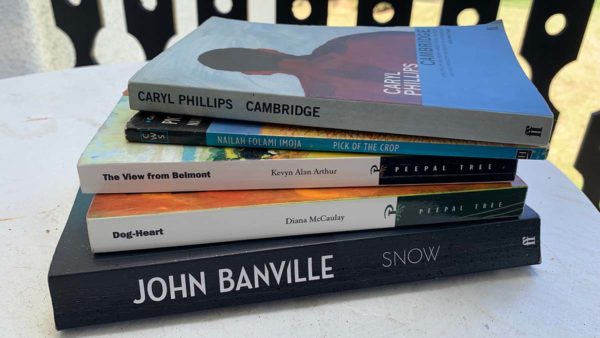In even the busiest lives, there are pockets of time in which extra things could be accomplished. But these are times when we’re either too stressed or too tired to do anything worthwhile. What’s missing is not the time, but the mental energy.
It can be hard to find the time for things we want to do, whether it’s writing a book, completing artwork, learning to speak Russian, or anything else. Life is busy, we say. I don’t have time.
The thing is, that’s not strictly true. In even the busiest lives, there are pockets of time in which extra things could be accomplished. But these are times when we’re either too stressed or too tired to do anything worthwhile. What’s missing is not the time, but the mental energy.
For example, I tell myself I haven’t had time to blog recently. But when I look back over the past few months, I see that although I’ve been busy writing, freelancing, and travelling long-term around Europe, there have still been times when I wasn’t really doing anything.
You want to know what “not really doing anything” looks like? I’m talking about lying on a bed in a hotel room, watching a German TV police drama with Albanian subtitles, and not even having the energy to wonder what they’re talking about, let alone change the channel. I’m talking about flicking idly from page 1 to page 2 of the apps on my phone, wondering how it’s possible to have so many apps and not have any interest in opening any of them, and then flicking back to page 1 again to see if anything’s changed.
Granted, these are not big blocks of time—if they were, I’d probably need to be medicated—but if you add them all up, these are many, many hours of dead time, in which I could easily have written a year’s worth of blog posts. But when I was in this blank, tired, muddy state of mind, the thought of writing a blog post usually didn’t occur to me, and when it did, I dismissed it in the time it took the German cop to say, “Ju jeni nën arrest.”
I used to be in the same position, many years ago, about creative writing. I was working as a corporate banker at the time, and I wanted to write a novel, but the years were slipping by without the novel being written. I did bits and pieces on occasional weekends, but so much time passed between each bout of activity that they never added up to anything.
To make the change, I had to reorder my life so that I was able to write when my mind was fresh and relatively clutter-free.
At first, this meant small things like getting up an hour earlier each morning to write while my mind was fresh, and cutting back on the late nights of drinking so that the mornings were not so painful. Later I took bigger steps, like quitting my job and instead doing shift work in the evenings and weekends so that I could write during the day. It took a long time, but eventually it paid off—I had two books published, and I’m making a living as a freelance writer and editor. The real change came not from having more time, but from rearranging my life so that I was doing my writing at times when I had sufficient mental space and energy to devote to it.
So if you’re struggling to write the book or complete the painting, don’t feel bad if you have time available and you’re not using it. Remember, it’s not about time—it’s about mental space. So think about how you can rearrange your life in big or small ways so that you have time available when it matters, when you are able to have the peace and clarity to work on what you’re trying to finish. Also try creating rituals to support your creative work, like having a special space dedicated to writing, or using positive affirmations or meditation to get you in the right frame of mind.
I have to say that sometimes, you simply won’t be able to do it. The other things you have to do in your life may take too much out of you, or may be too important to push aside.
For example, I know that if I wanted to go back to blogging every day, I would need to carve out time earlier in the day to focus on it. I know I could do this if I wanted to, but it would mean taking focus away from either my creative writing or from the freelancing that pays the bills, or from the travelling and reading that I enjoy so much, and I’m not willing to do that.
So for me, blogging will remain an occasional activity for now. If my priorities change, I know how to build it up again, but for now I’m happy with the place it has in my life. I’ve accepted, also, that because I’m so busy, there will be times when I’m so tired I simply can’t be productive, and it makes no sense to beat myself up about that.
What a lot of writing or creative advice doesn’t mention is that to achieve all these great things you want to do, you have to sacrifice something else. If you want to do that, then do it—clear space in your life, and work on what matters most to you at the time in the day when you are at your best and have the most mental space and energy. If you can’t, then accept that it won’t happen—for now, at least.
Just please don’t end up in the space I used to be in, where you’re torturing yourself about your failure to write the book you want to write, telling yourself you don’t have time even though secretly you know it’s not true. Trying to write when you feel dead is not the answer. Waiting until you feel inspired is not the answer either. The answer is to carve out not just time but the right kind of time—time when you’re at your best and your mind is clear. Do that regularly enough for long enough, and you’ll get to where you want to go.




There are 13 comments
This is absolutely spot-on, Andrew. It’s all about making space in our over-full lives. And as I am the king of procrastination (small k), a salutary reminder to get on with it!
Hope all is well with you and yours,
Scott H.
Hi Scott, Good to hear from you again 🙂
Hey, I thought I was the king of procrastination! I may have to challenge you to a procrastination duel. But not right now…
Hi Andrew, you are so right. For months I’ve been making excuses for not getting on with my writing but then I started to make a note in my diary how many words I’ve written each day, sometimes it’s only a 100 but other days it can be 1500 (sometimes none of course) But I can look back over a week and see progress and that motivates me for the following week. Thanks for your insights it’s really helpful for a beginner like me to know procrastination is normal for a writer! (in my case wannabe).
Thanks for your comment, Angela! It’s helpful for me to hear from other writers, “wannabe” or otherwise, so I appreciate it 🙂
It’s interesting how something as simple as keeping track of word counts can help, isn’t it? Just writing something down, keeping track of it, makes us more accountable. It’s good that you don’t hold yourself to a particular amount—in my view, the main thing is to commit to writing it down every day, no matter what. If you do, then you’ll definitely write something—it would be very difficult to write “zero, zero, zero…” every day 🙂 So if you can commit to keeping that diary entry, you’ll keep on accumulating words, and one day you’ll have a novel (or whatever it is you’re aiming at). The only way you can fail is if you stop keeping track.
Good luck, and keep on keeping on!
It’s certainly true. We have pockets of time that could be more productive or rearranged to be more productive.
The other day, I was at a conference where a CEO was sharing her experience. She did an MBA while working and raising children. She said she found resources she didn’t know she had. And I was there, internally cringing and thinking “I could never do this, it’d mean cut my reading. I’d never survive” So I think you’re right, it’s all about knowing who you are, accepting that some things will never be and live with it.
But re-arranging your life is easier when nobody depends on you, like children.
Hi Emma, Yes, I think that is one of the hardest things to do—to accept that time and energy are limited, and doing one thing will mean cutting out something else. And yes, having children or other dependents makes it a whole lot harder—there’s a whole lot less time and energy to play with. People with kids can still write or be creative, of course, but the sacrifices required may be greater.
I enjoy anything you write and will wait patiently for the occasional blog post, book, what ever.
What I would like to share with you is the fact that if I don’t paint I cannot write. At some point I have to leave the computer and pick up my brushes. I also have days that are called my veg out days, I may not even brush my hair on those days. Then I have some called my mad Mary days (you don’t want to know about those).
Looking forward to hearing from you when ever.
Jen
Aw, thanks Jen. Or should I call you mad Mary? 😉
Hey, that’s interesting about one form of creativity depending on another. But it makes perfect sense to me—I can see how the switch to a different medium that requires a completely different process would help. Not being able to draw or paint, I find other ways to switch tracks: https://andrewblackman.net/2012/09/the-importance-of-staring-out-of-the-window/
So I play the drums as well as write and it is really therapeutic to have a break from writing and just play. It’s never too late to pick up a guitar, Andrew….
This was really fabulous and so true!
Thanks Stefanie! So good to hear from you 🙂 Blog reading is another thing that has fallen down my list of priorities, but yours is one that I miss.
That’s spot on, Andrew. I used to wonder why I can’t manage to be more productive (I haven’t written in ages, except for the odd blog post), but the truth – you put a name on it – is that I don’t have the mental energy. Some days I just want to lie down and watch tv all day, something I haven’t done in years. Ultimately I know nobody else can do it for me so I’ll have to show up and do the work. That’ll probably happen when I get back to a routine.
And yes, I agree that sometimes we just need another activity to let our mind wander. Mine is making notebooks and I love it. Your post came at the right time. Thank you. 🙂
Hi Delia,
Sorry, I missed this comment at the time. Yep, it’s difficult, isn’t it? I agree that a routine is important, and I think it’s also good to recognise the resistance and understand where it’s coming from. Making notebooks sounds like a great thing to do when you’re not writing, anyway 😉